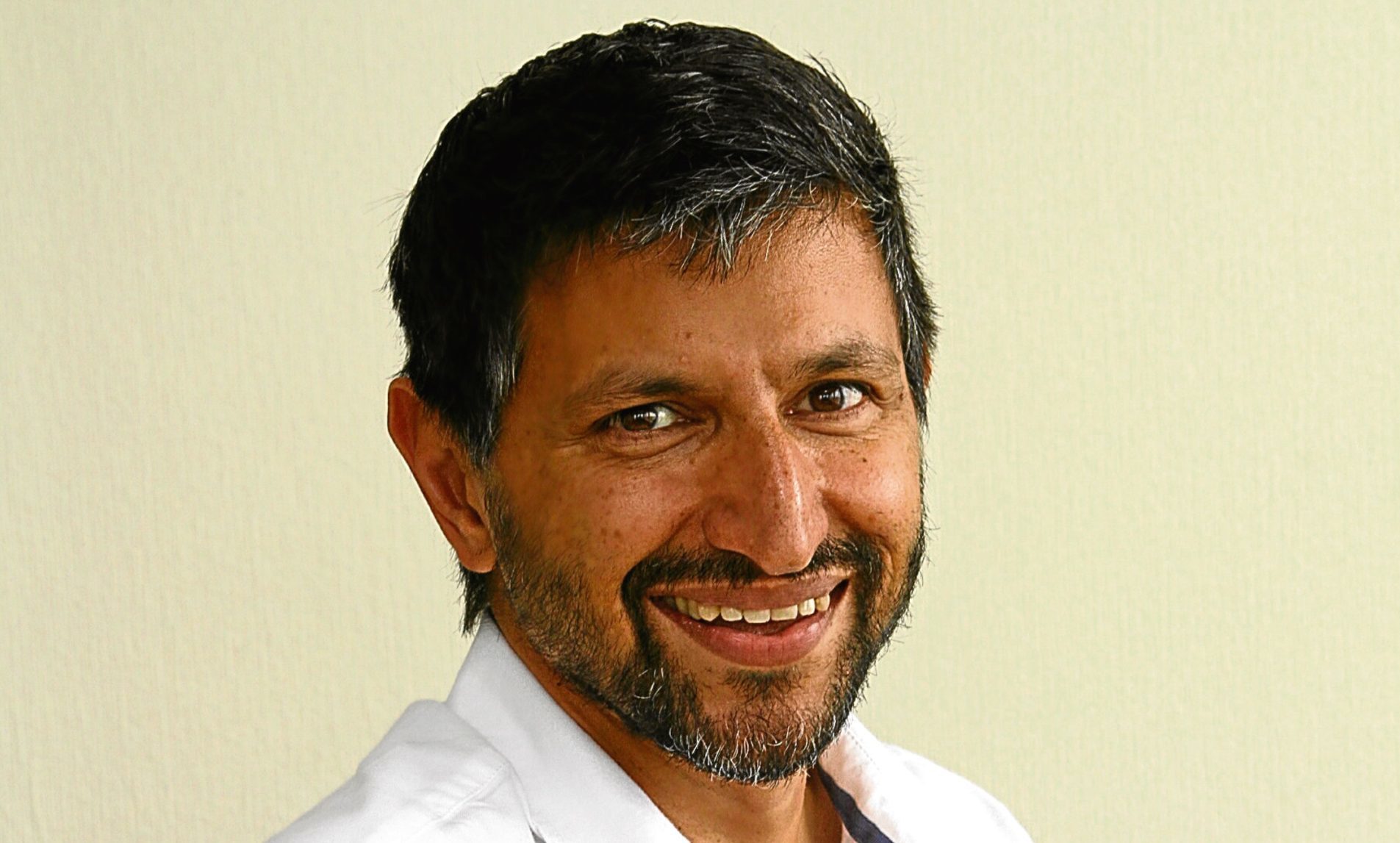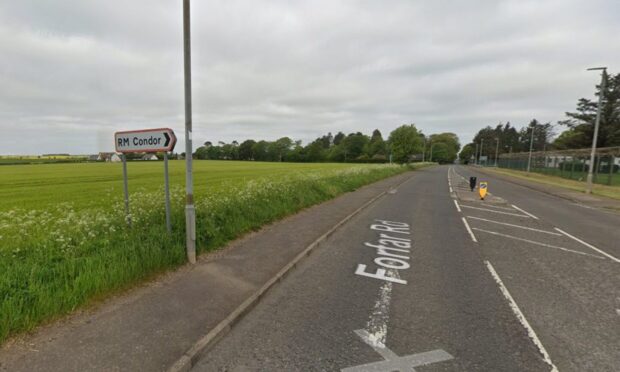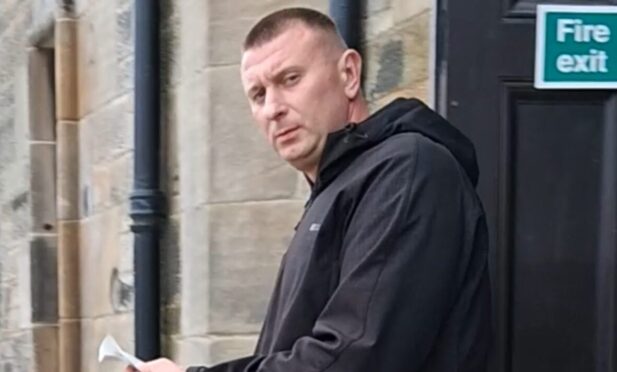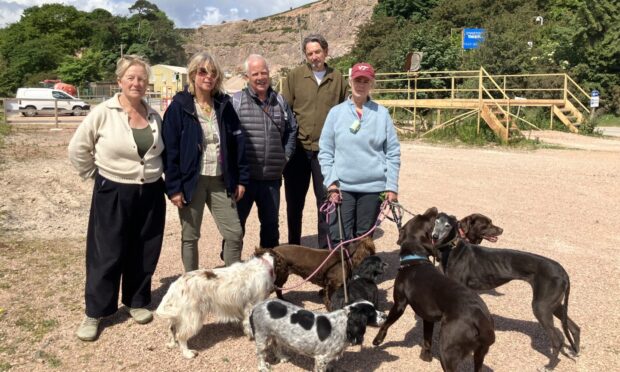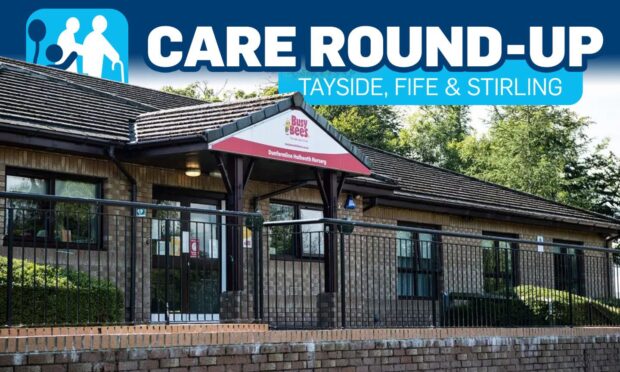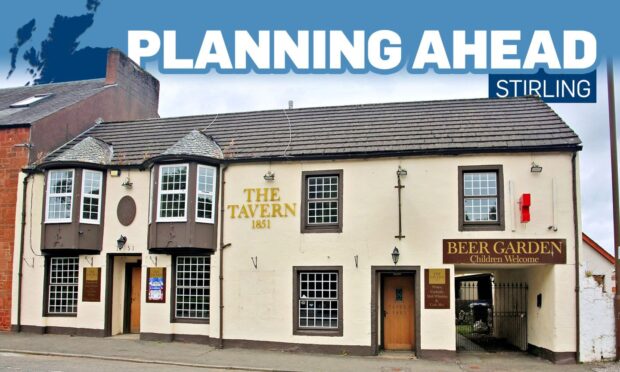At the heart of everything the NHS is doing is the realistic medicine agenda, which is looking to ensure that patients receive the best and most appropriate care.
While that sounds simple, consultant in emergency medicine Dr Shobhan Thakore believes it has become clear that traditional medical practices are not always the best solution.

He is looking to help staff and patients break the cycle of prescribing and hospitalisation, to reduce waste, manage risk and end overtreatment.
Dr Thakore said: “There is an expectation that you come to hospital to have lots of expensive tests before you can have a diagnosis and that you then receive procedures and medication.
“We have drifted towards this. Realistic medicine suggests that we have drifted too far and that we now over–medicate and over-treat.”
Dr Thakore gave an example of one elderly woman who found she needed to visit the toilet to urinate more regularly than usual.
She followed the traditional means of seeking help, visiting her GP, being referred to a urologist and receiving a prescription.
In the meantime, the patient solved the problem herself, realising that she had been drinking excessive amounts of tea to cope with bereavement.
The woman nonetheless took the medication she had been prescribed and suffered dizzy spells as a result, resulting in a fall and serious injury, hospitalisation, surgery and infection, followed by months of recovery.
Dr Thakore said that traditional medicine would suggest everything had been done correctly for the patient but that realistic medicine suggested differently.
“We need to realise that in an ever more complex world less is sometimes more,” he said.
“Sadly, sometimes our investigations and medicines are overdoing it. Sometimes the medicines cause harm and sometimes they are not the answer.
“Often hospital is not the best place for patients.
“The answer is the right care, in the right place at the right time.”
